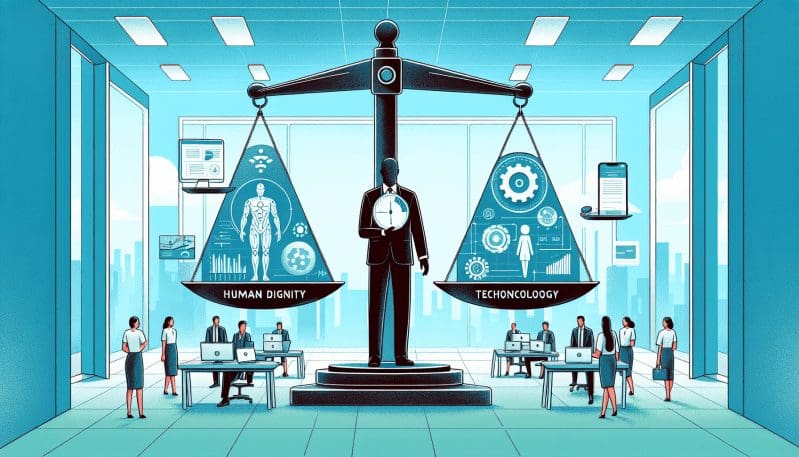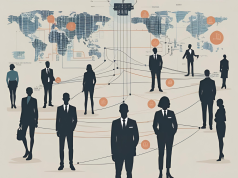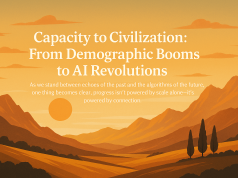In the rapidly evolving landscape of the modern workplace, the encroachment of artificial intelligence (AI) and automation technologies presents a complex tapestry of challenges and opportunities. The rise of these innovations has spurred a debate that reverberates through the halls of industry and the corridors of power: the Automation Paradox. As we stand at the crossroads of unprecedented technological advancement and its human consequences, it is essential for companies, policymakers, and society at large to engage with the questions that shape the future of work.
The crux of the Automation Paradox lies in the dualistic impact of AI on employment and productivity. There’s no denying the allure of automation: increased operational efficiency, cost reductions, heightened accuracy, and the ability to free humans from mundane tasks. Yet, the benefits often come with an undercurrent of disquiet, particularly regarding job displacement. The fear that robots will render human skills obsolete is not unfounded. From assembly lines to accounting firms, the specter of automation hovers, threatening to unseat workers and redefine the value of human labor.
But is the future as bleak as some prognosticators fear? History reveals that technological disruption, while initially unsettling, has the potential to create new industries, job categories, and opportunities for human ingenuity. The key lies in how we address the transition. There is an imperative for corporations to strike a balance—that of maximizing technological efficiency without undermining the dignity and purpose of their employees.
The ethical dimensions of replacing human workers with machines are complex. It is not merely a question of economics, but one of societal values. What role should human labor play in an increasingly automated world? How do we preserve the essence of professions where the human touch is irreplaceable? These questions require thoughtful discourse and strategic foresight.
Moreover, the potential for job creation in the automation era cannot be overlooked. Digital transformation demands new skill sets and proficiencies. There is a burgeoning need for AI supervisors, data analysts, and robotics maintenance professionals. Corporations, therefore, have a responsibility to retrain and redeploy their human capital. Investment in continuous learning and upskilling programs can transform a workforce to meet the needs of a new technological paradigm, ensuring that employee value evolves in tandem with innovation.
Industry leaders, policymakers, and labor representatives offer diverse perspectives on navigating this paradox. Some advocate for ‘human-in-the-loop’ models where AI supports rather than supplants human workers. Others emphasize the importance of regulation to protect jobs and advocate for universal basic income as a buffer against automation-induced unemployment. There is also a push for ‘responsible automation’ that aligns corporate strategy with the long-term welfare of workers and the community.
Building a future of work that harmonizes technological progress with human-centered employment is an intricate endeavor. It demands inclusivity in decision-making, transparency in strategy, and most importantly, a commitment to the values that define us as a society. As we lean into the winds of change, it is our collective responsibility to ensure that the narrative of progress is not one of displacement and devaluation but of resilience, renaissance, and rehumanization of the work we do.
In this article, we have only begun to peel back the layers of the Automation Paradox. Further exploration and dialogue are imperative as we architect the next chapter in the story of work. It is a narrative that must be written with empathy and foresight, always remembering that at the heart of every job title, statistic, and profit margin, there is the human spirit seeking purpose, mastery, and a place in the evolving tapestry of industry.




























